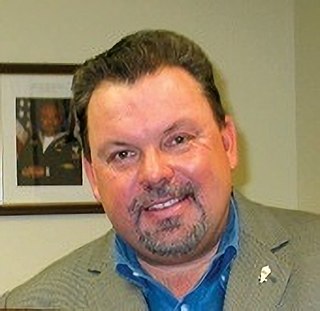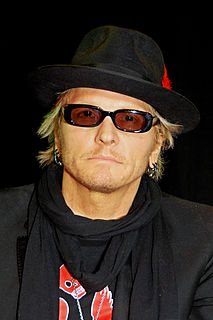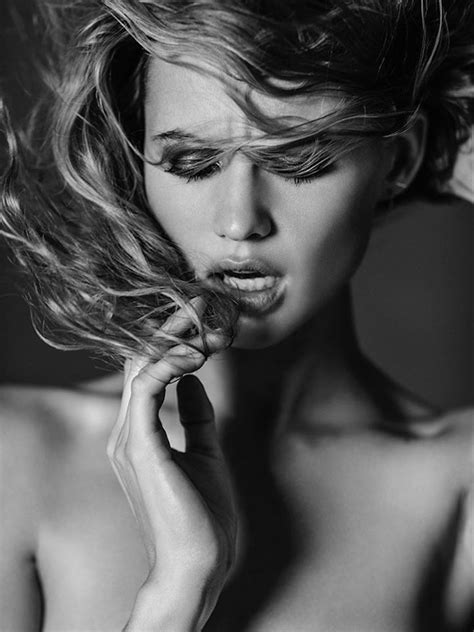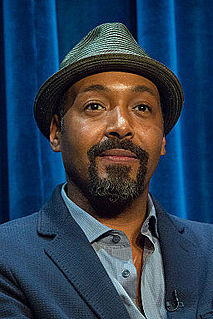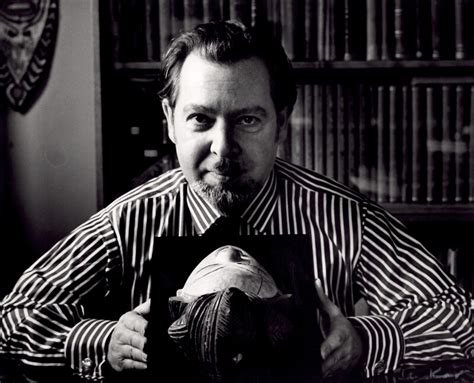A Quote by Thomas Kinkade
I began my career creating art for an animated feature film, and it has been a life-long dream to tell some of the story of my own life - the story behind my art - through the medium of motion pictures.
Related Quotes
It wasn't long after I began writing Star Wars that I realized the story was more than a single film could hold. As the saga of the Skywalkers and Jedi Knights unfolded, I began to see it as a tale that could take at least nine films to tell - three trilogies - and I realized, in making my way through the back story and after story, that I was really setting out to make the middle story.
Toward the end of the film ['Life, Animated'] we see 'The Sidekicks Story,' and that is a story that Owen drew himself. We took that style, which is decidedly different from Disney animation, and used it as a basis. It's a 'two-dimensional' hand drawn animated form, so I went to this company in Paris called 'Mac Guff,' and they assembled an amazing group of young animators, and brought it to life.
Neither camera, nor lens, nor film determine the quality of pictures; it is the visual perception of the man behind the mechanism which brings them to life. Art contains the allied ideas of making and begetting, of being master of one's craft and able to create. Without these properties no art exists and no photographic art can come into being
Norman Rockwell spent his career painting pictures that helped people understand their own feelings...pictures that enriched their own experiences and celebrated their own lives. But the art establishment branded him an 'illustrator', a sentimental one at that. Real artists, they said were doing art for art's sake, not for the sake of the bourgeois public. Real artists were putting swiggles, smears or daubs of paint on the canvas. They were doing 'innovative' and 'creative' work. If they were hideous and grotesque; we know that's what life really is!
It's only a story, you say. So it is, and the rest of life with it - creation story, love story, horror, crime, the strange story of you and I. The alphabet of my DNA shapes certain words, but the story is not told. I have to tell it myself. What is it that I have to tell myself again and again? That there is always a new beginning, a different end. I can change the story. I am the story. Begin.
I’m just a storyteller, and the cinema happens to be my medium. I like it because it recreates life in movement, enlarges it, enhances it, distills it. For me, it’s far closer to the miraculous creation of life than, say, a painting or music or even literature. It’s not just an art form; it’s actually a new form of life, with its own rhythms, cadences, perspectives and transparencies. It’s my way of telling a story.
So often with beginning writers, the story that they want to start with is the most important story of their life - my molestation, my this, my horrible drug addiction - they want to tell that most important story, and they don't have the skills to tell it yet, so it ends up becoming a comedy. A powerful story told poorly becomes funny, it just makes people laugh behind their hands.
